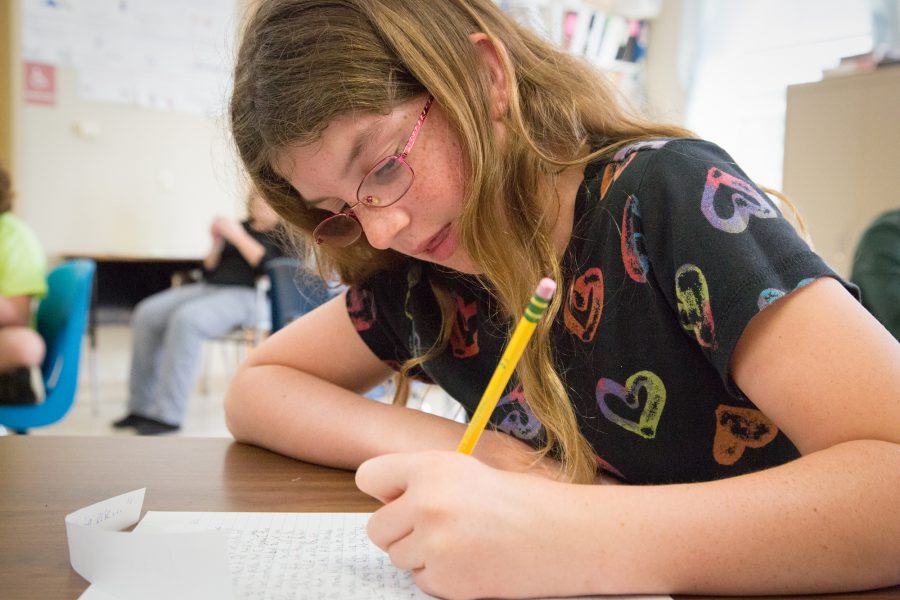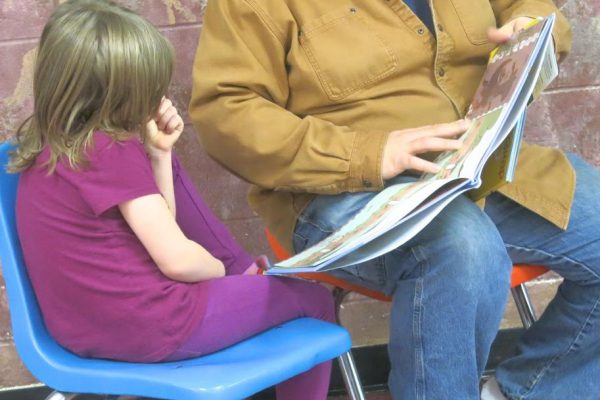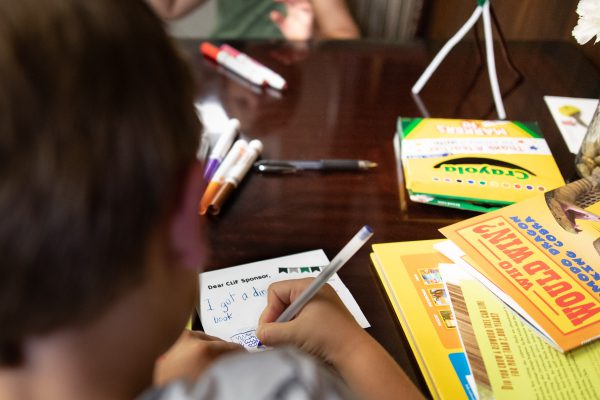
Parents know all too well that children get bored really easily and this has become worse with the advent of devices and gadgets. However, loss of attention happens to adults as well, though it changes with age. Most people can only focus for about 10-20 minutes. The best speakers in the world know to crack a joke or tell an anecdote 15 or 20 minutes into their talk. For children the usual attention time span is of 8-10 minutes, so breaking homework into small steps will make their work more effective. In this way you will avoid setting unattainable concentration goals that will inevitably leave them feeling discouraged. It’s best to begin slowly and build up the amount of time they can sit still playing, drawing, reading, and learning. In this same way, it is important to remember that the smaller a child is, the shorter their attention span is. As a child grows up, so does their capacity to sit still and focus on one task at a time.
The best primary school teachers are those that have found ways to work around easy distractions and boredom. Many have found ways to incorporate an element of fun into learning. “By turning study time into a game they have managed to engage children’s attention long enough to teach them what they need to learn. A good method is to connect a task with something that insights curiosity in the task at hand,” says Roland Spencer, a psychology writer at 1Day2write and Nextcoursework.
Another method is to set a goal or anticipation connected to the assignment. Consider shifting the responsibility of the task onto them rather than it being something that you are pushing them through. By making them aware of milestones or reachable goals and then highlighting them when reached, you can motivate a child who is having trouble keeping to a task.
Another approach would be to increase their capacity to focus by playing crossword puzzles or putting together jigsaw puzzles. This encourages them to focus in order to succeed at the game. These types of games also teach them to sit still while playing, connecting calmness with play, an association can be made between play and learning. It also good to also allow them to play or do whatever activity they wish in between periods of learning. This will help the child to relax and not come to resent the time dedicated to study.
Other things to consider when trying to help a child focus include creating the right environment. Children focus better if they are sitting in the same room as their parents. It also helps to remove as many gadgets as possible to avoid distractions. Keeping an orderly table or desk, rather than having them work in a cluttered space, will also help. It is also important to guarantee your child gets enough sleep during the night because tiredness makes it much harder to focus.
The same thing applies for giving a child enough space for physical activity to avoid pent-up energy that would make any child extra-restless. “This type of balancing of a child’s energy is best done when you schedule a time of resting in between different assignments. It helps to schedule homework at the same time each day to create the habit of sitting down to work,” explains Michelle Wilson, an education writer at Brit Student and Writemyx.
There will be times when your child will suddenly be very focused. It’s worth your while to pay attention to these moments and try to identify what it is that so draws your child’s interest. Identifying what sparks their curiosity the most will help you to gradually identify where their interests and talents lie. While this will help especially with directing them towards what they will be most successful at, it can serve a further purpose. Often one task has common elements with other assignments. It can be that you child is more of a manual, rather than theoretical, learner. Keeping this in mind, homework can be explained in such a way that the mechanical or mathematical structure of the task can be highlighted in other to spark their interest in it. Structuring and tailoring learning in this way will aid in improving their capacity to focus on each assignment.
Educator and psychologist Micahel Dehoyos is usually found assisting organizations in their educational approach. He is an editor at PHD Kingdom and Academicbrits, as well as a regular contributor to a number of other blogs and info sites, including the academic service provider Originwritings.



